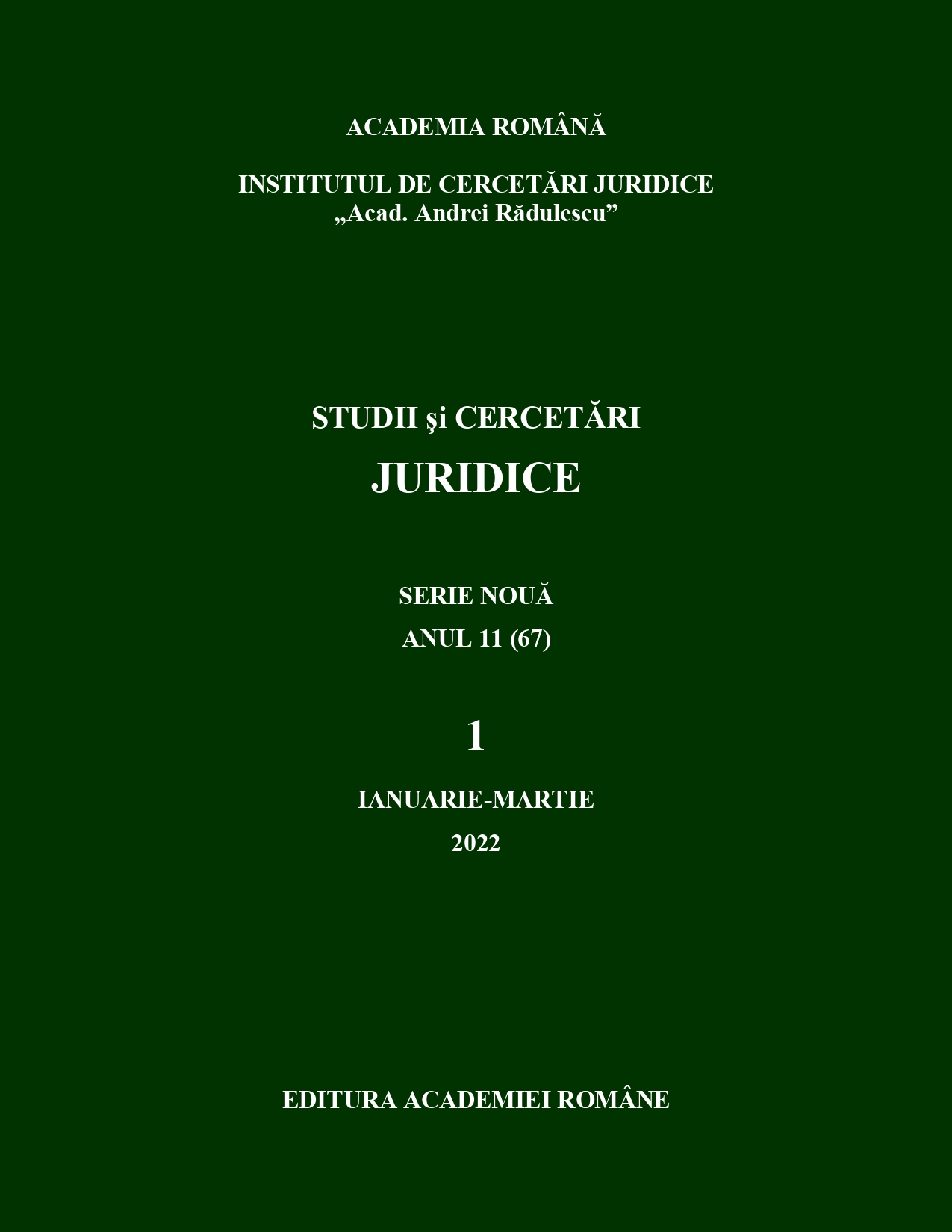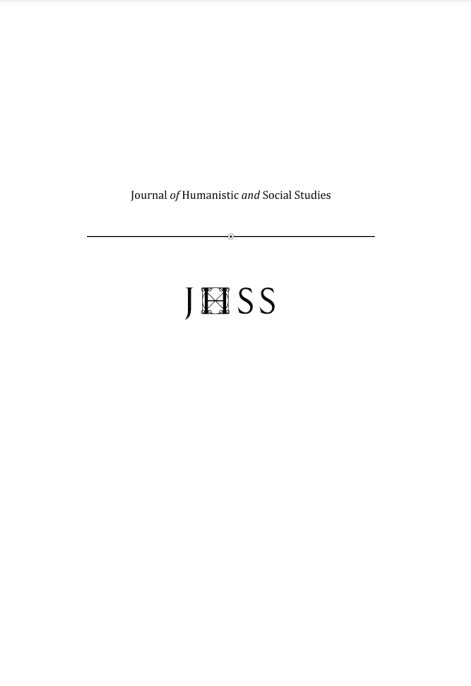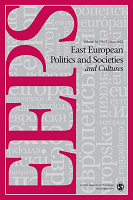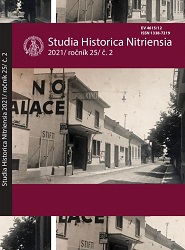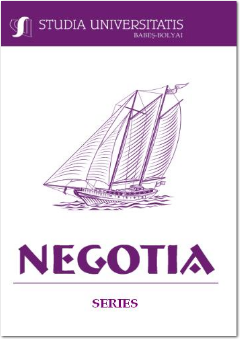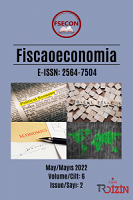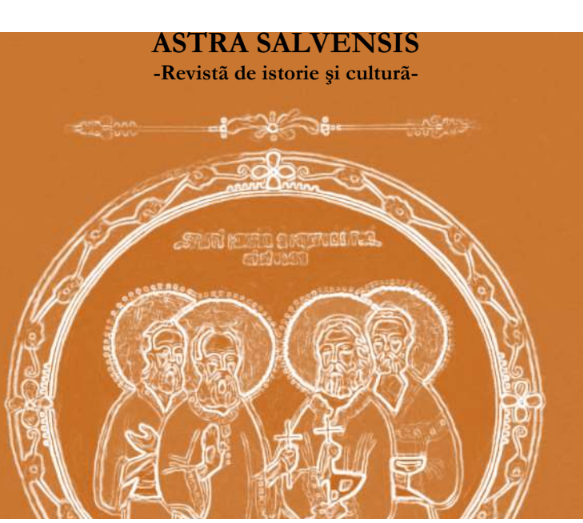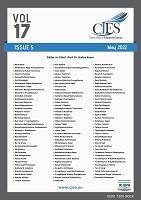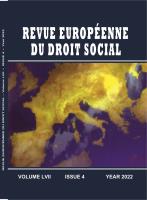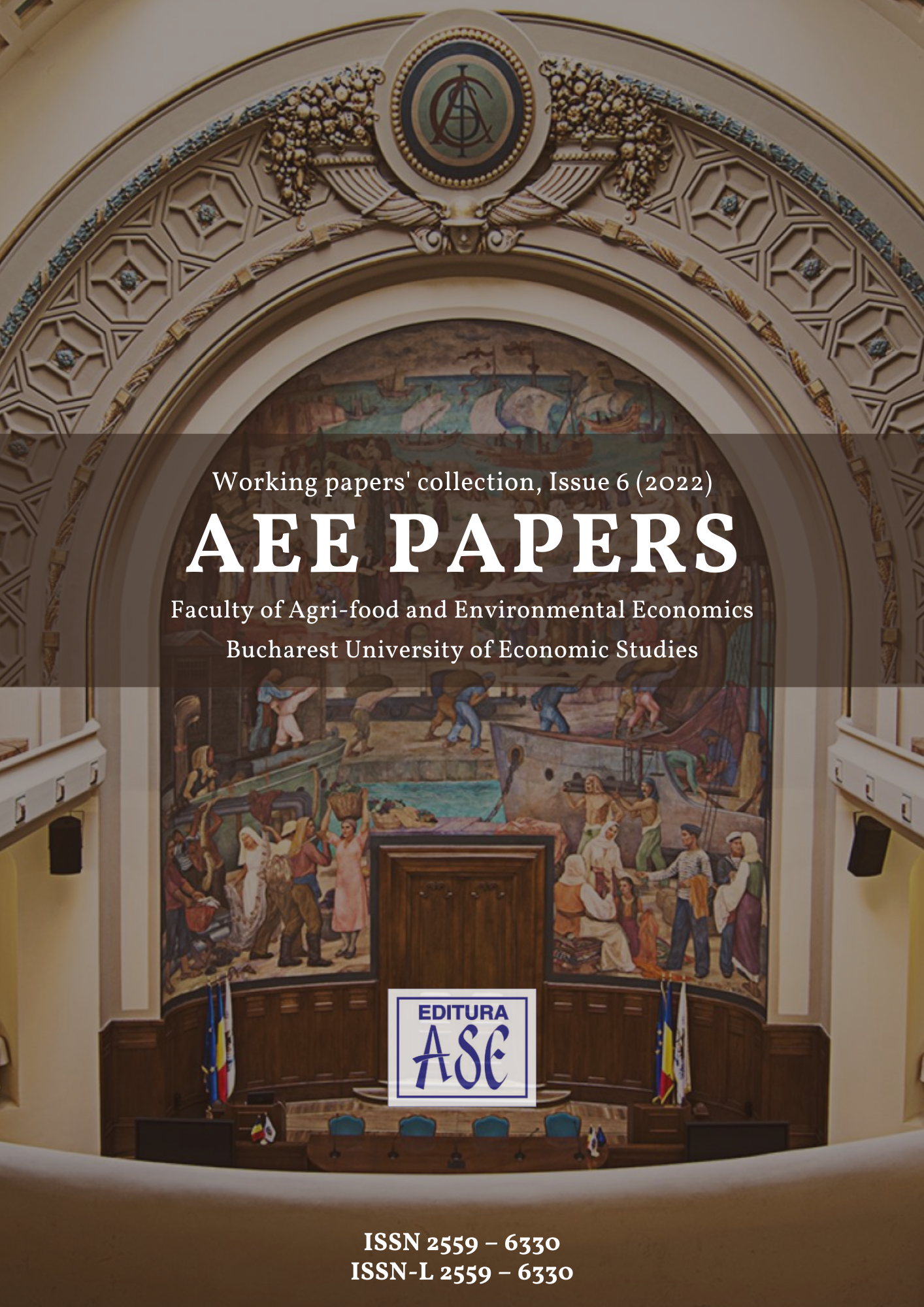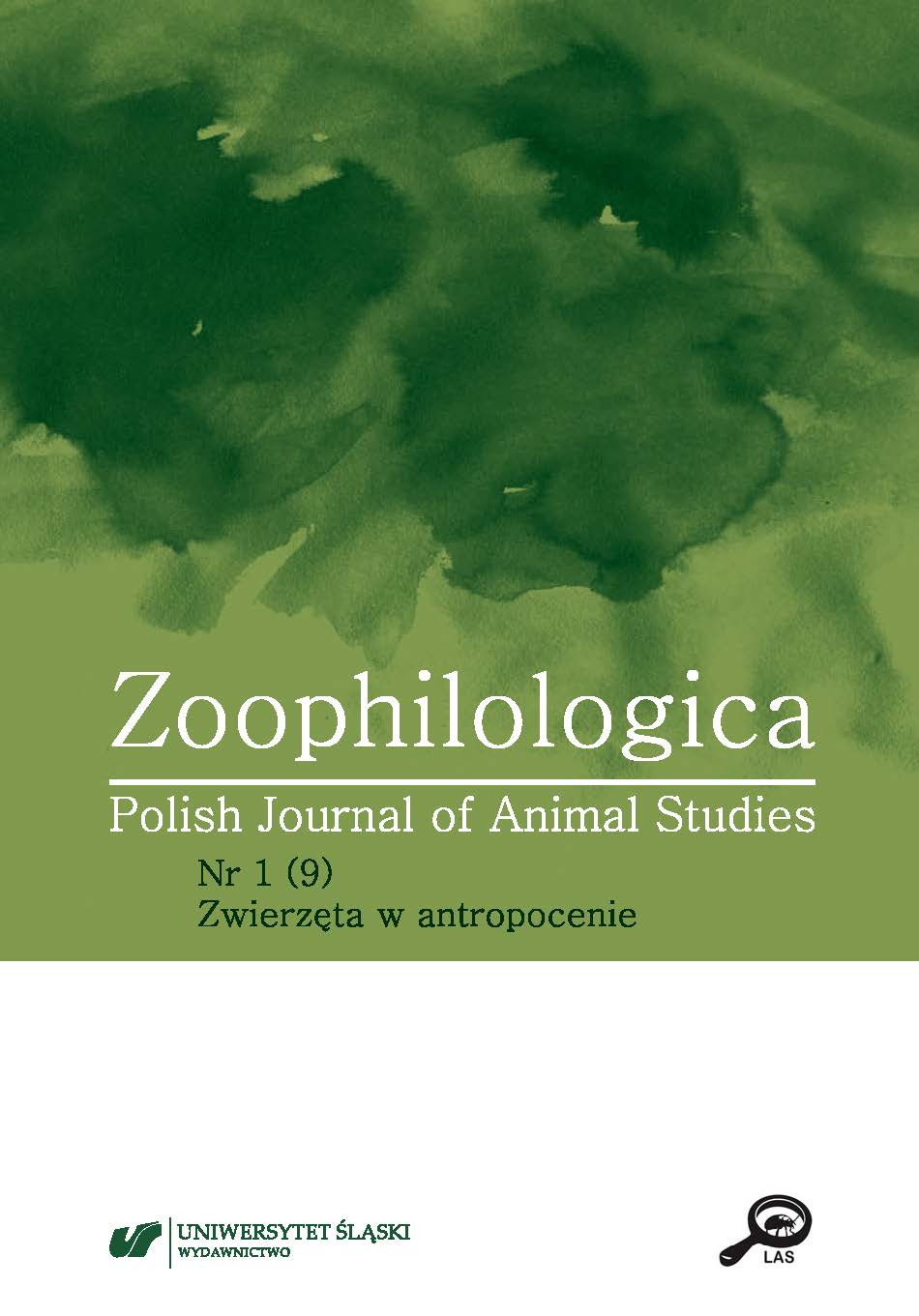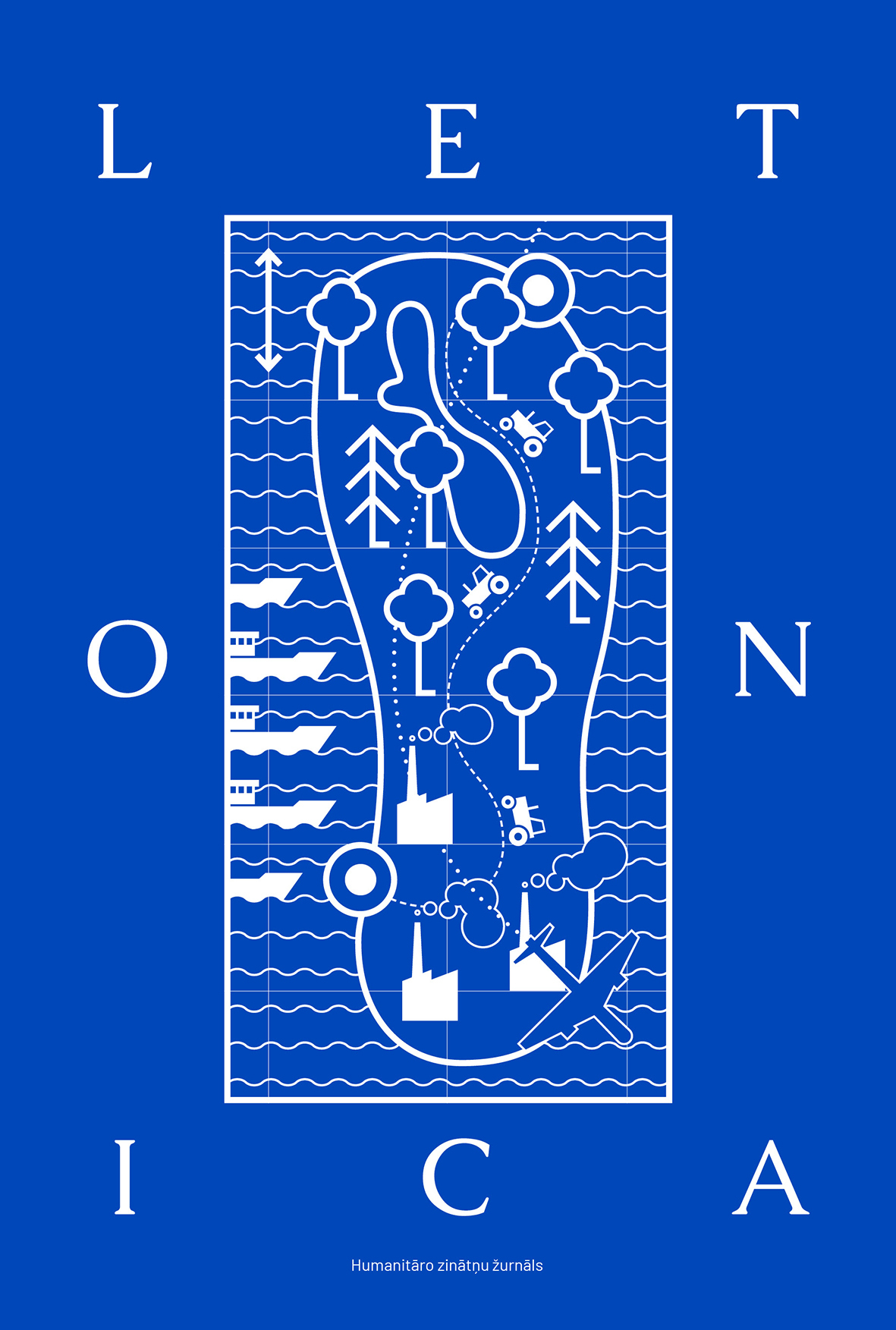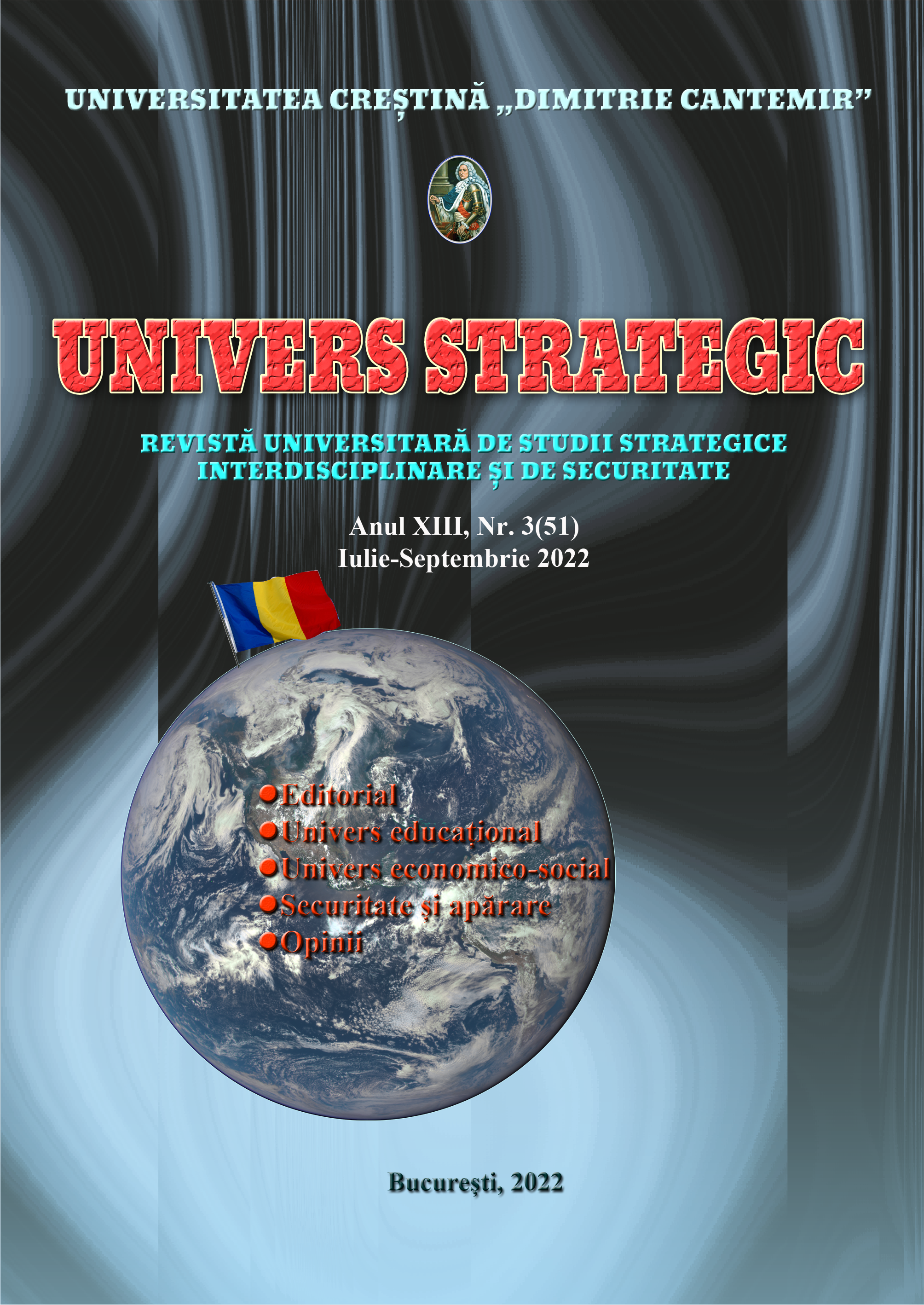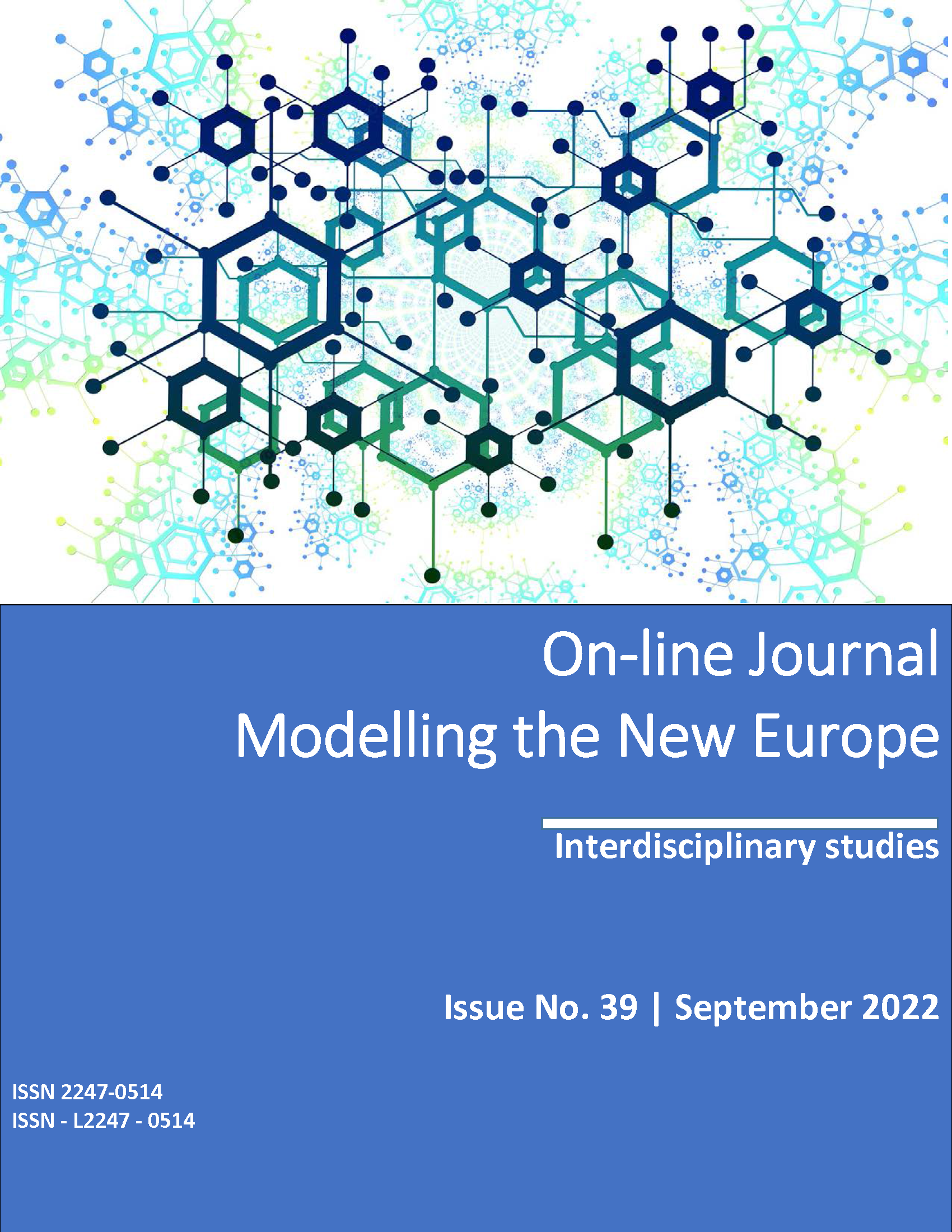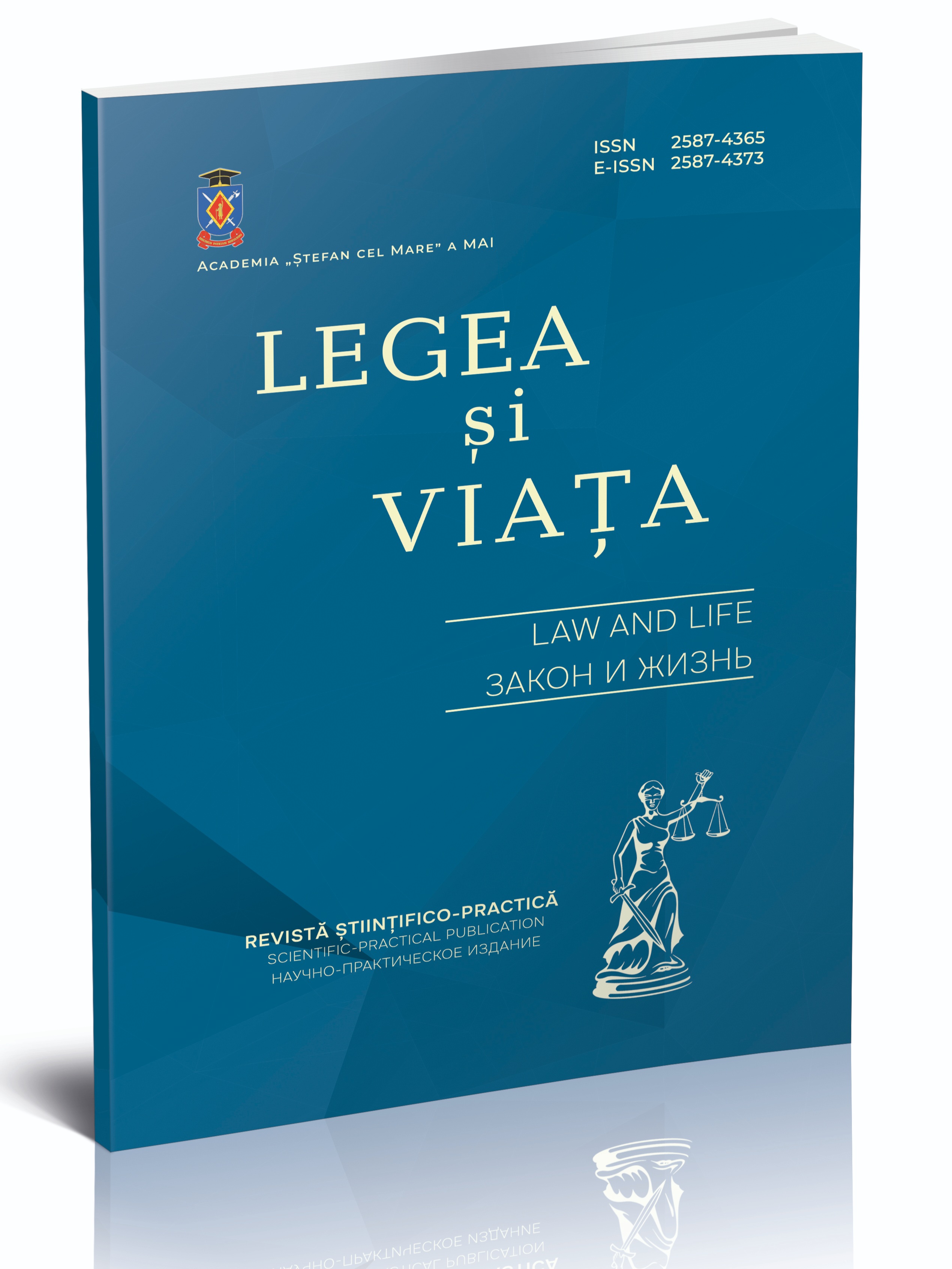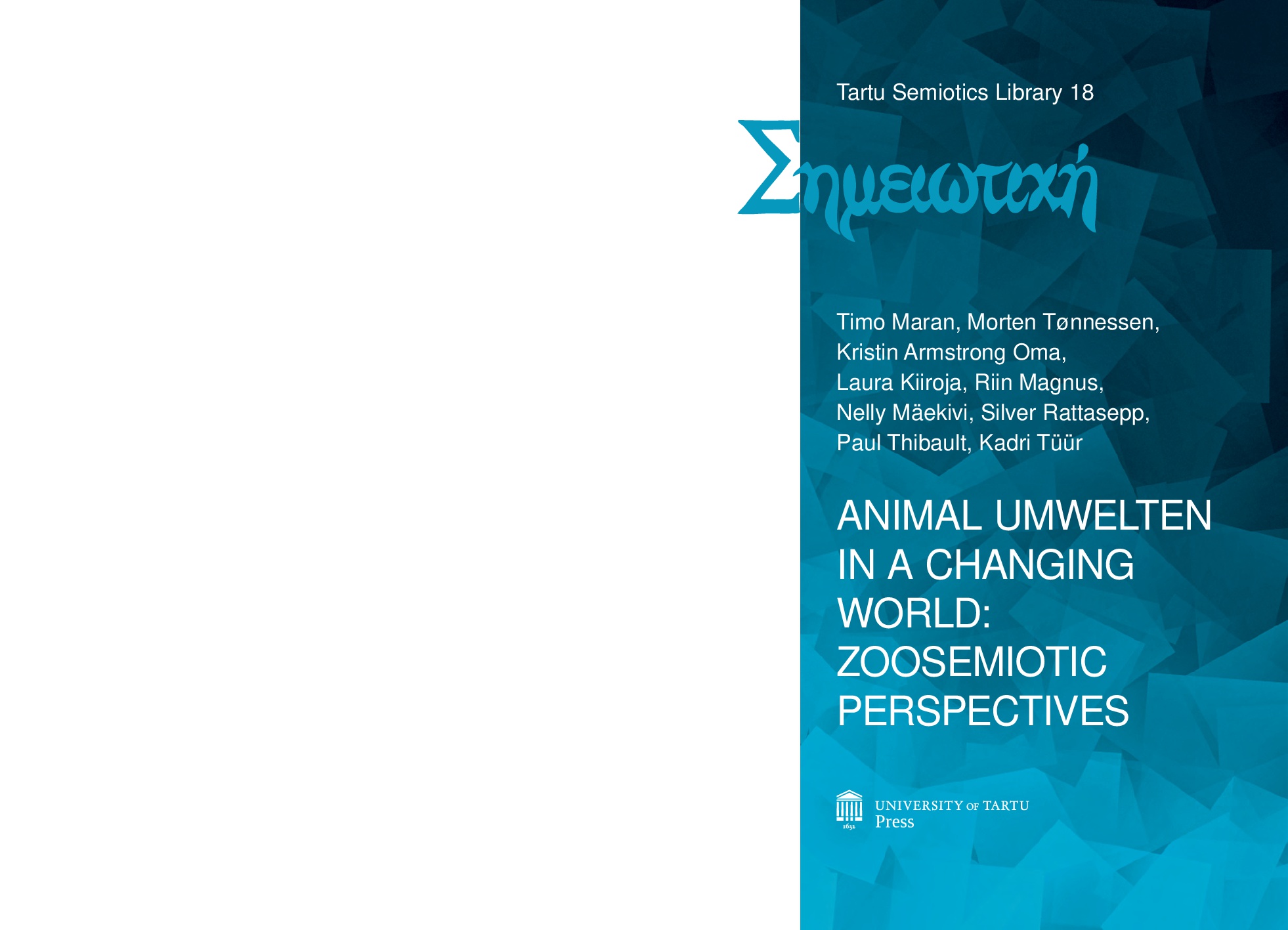
Shared human–animal households: the examples of Nordic bronze age longhouses and Estonian rehi houses
In this article we compare situations across time and space in which humans and animals live under the same roof. The main focus is on the use of space as a backdrop for human–animal interactions. By comparing data from different time periods, 19th century Estonia and the bronze age in Norway respectively, we seek to answer the following questions: 1) Where were the animals placed in the house, and how was their space organised? 2) How did the built structures allow for interaction between humans and animals? 3) What does this reveal concerning the pragmatic considerations of humans regarding animals (and vice versa)? On a more detailed level of inquiry, we also ask, is it possible to discern the rationale behind the spatial layout of animals in the houses? Upon which principles is it based? Is it based on increased economic and/or pragmatic benefits, or on animal welfare, or on religious considerations, or on the ontological status of the animals – or on a combination of these factors? Is there a seasonal dynamics inherent to the placing of animals in the house?
More...
